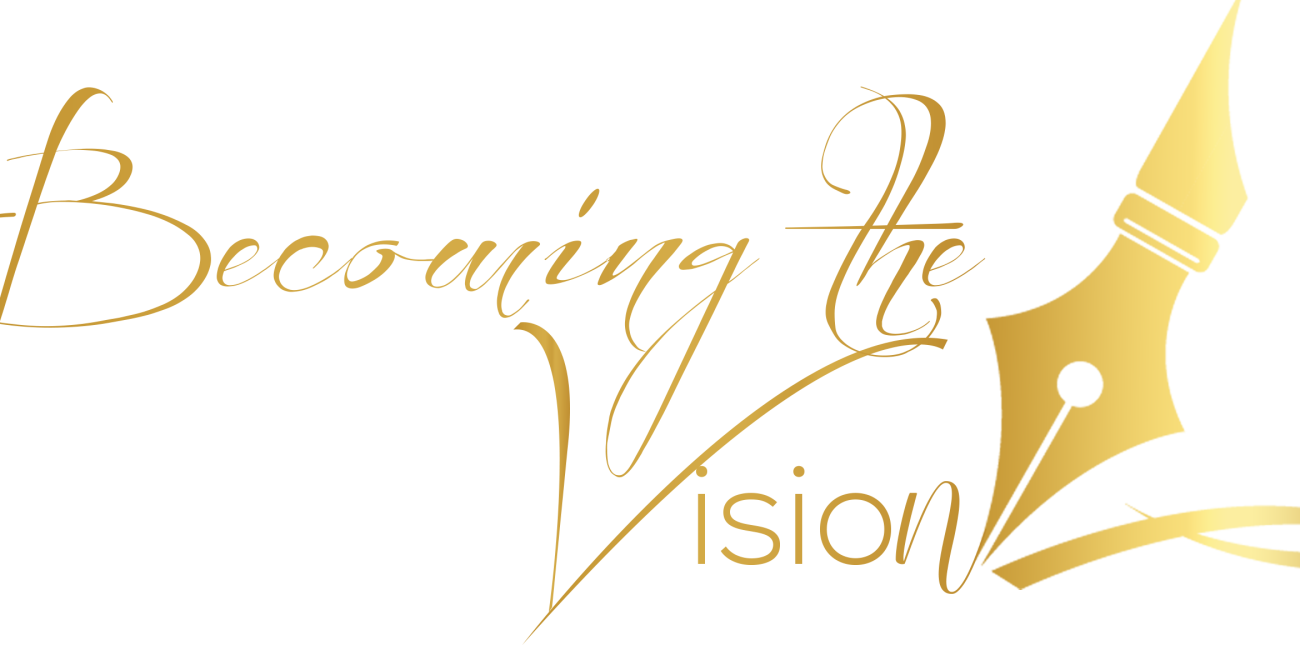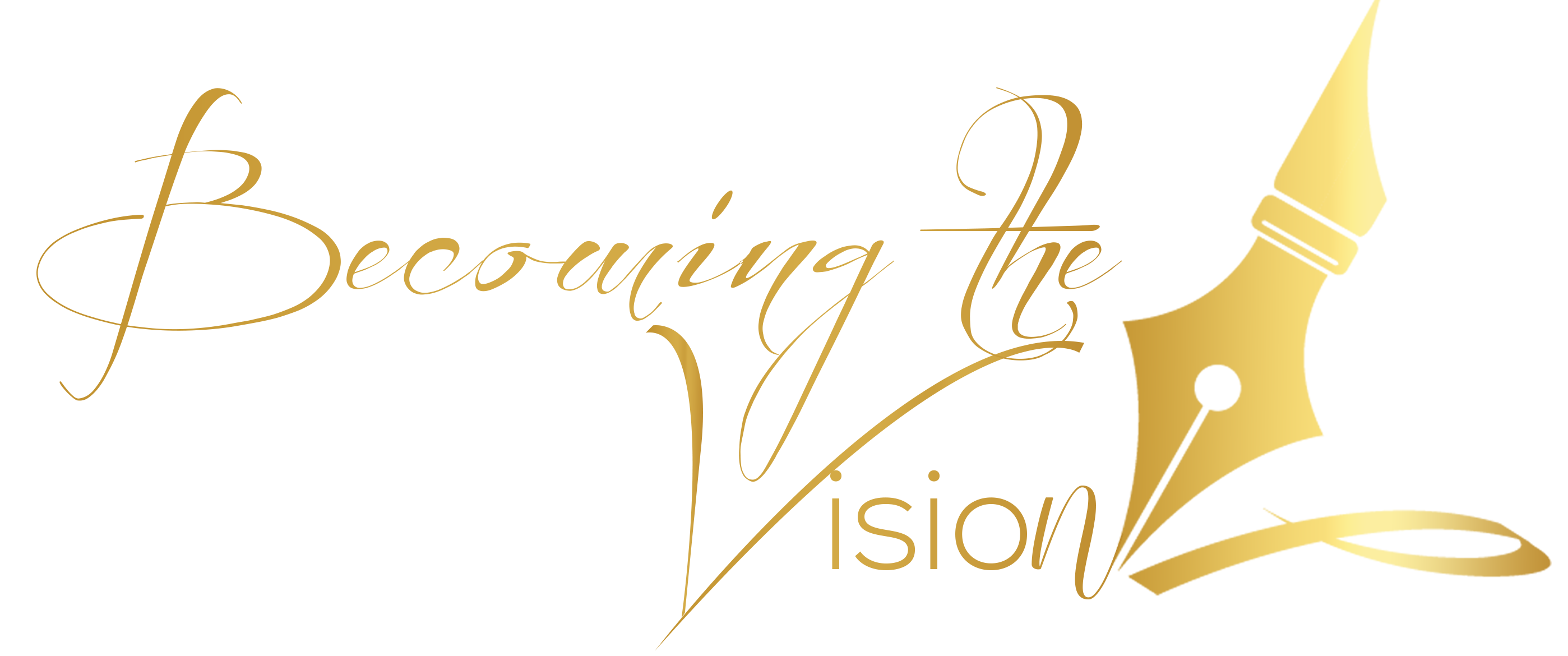“Money is only a tool. It will take you wherever you wish, but it will not replace you as the driver.” – Ayn Rand
I was raised in a single parent home with 3 sisters and a young mother. When I got out on my own, for years, I said I wasn’t taught anything about managing money. But, that was far from the truth. At the age of 26, I decided I could no longer blame my upbringing for my poor money decisions. I realized that what I’d been taught about money was to earn it, burn it, that there would never be enough, not to talk about money etc. Money conversations were taboo topics. Unintentional subliminal messages taught me that I wasn’t worthy of what I needed and wanted. So when I began to earn it, I burned it, thought from a place of lack, and unintentionally found ways to sabotage my financial position for the sake of others and what they needed and wanted.
Have you been there? Have you found yourself still blaming your financial situation or your credit score on things that happened years and years ago? We’ve all been there, so there’s no judgement from me. However, we also have to acknowledge our decision to not effectively deal with our lack of knowledge concerning our finances and it all starts with our mindset.
So, just what are some things we can do to help us begin shifting or continue shifting the way we think about money?
- Recognize that money is a tool.
- Assess your values. Money does not equate to a fulfilled life. Let me say it again for those in the back. Money does not mean that once you have it, you will automatically be fulfilled. Decide how much you need and how you plan to use it in a way that aligns with your values.
- Be willing to learn. Educate yourself on ways to align your earnings with your financial goals. There are many books, articles, videos, programs and people that you can use as resources to help educate yourself regarding money.
- Recognize that you are in control. You have the power to change your situation. It begins with a decision and it ends with taking action.
- Express gratitude. Listen, we all live and learn. Expressing gratitude allows us to recognize where we’ve been, receive where we currently are and the lessons our pasts have taught us, and to look forward to the future with a better understanding.
- Create a plan and do the work. Everyone’s financial objectives are different. Create a realistic plan to help you address your financial situation. This may include speaking to a financial institution such as a bank, financial planner, investment companies, etc. It might be helpful to begin with the end in mind.
- Give yourself grace. As you begin doing the work, you will make mistakes and it is okay. Don’t give up. Pick up and start again.
- Assess and evaluate. Your plan should include how often you will sit down to assess and evaluate your goals. What’s working and what’s not working? How’s your spending? This may be a weekly assessment. How are your investments performing? This may be an annual assessment. What can be adjusted? Set calendar reminders. Get accountability partners.
When it comes to developing a healthy mindset about money, know that it takes time and practice. It will not… and I repeat, it will not happen overnight. But stick with it. Don’t get weary. You can and will do it.
You are becoming the vision.




